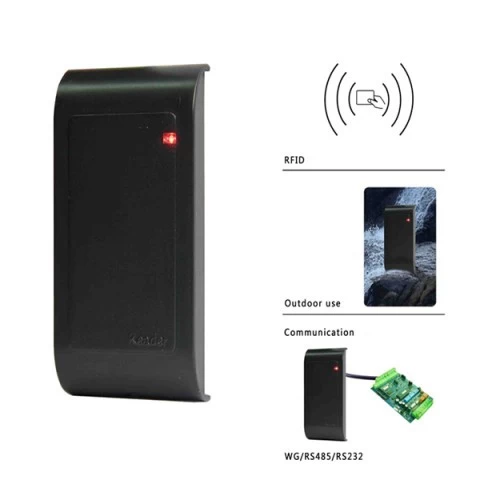Where Can We Use RFID Access Cards? Exploring the Versatile Applications of RFID Technology

Radio-Frequency Identification (RFID) access cards have become an essential tool in modern security and convenience systems. These contactless cards use electromagnetic fields to automatically identify and track tags attached to objects, making them ideal for various industries. But where exactly can we use RFID access cards? Let’s explore their diverse applications.
1. Corporate and Office Security
RFID access cards are widely used in corporate environments to restrict unauthorized entry. Employees can gain access to secure areas, such as server rooms or executive offices, with a simple tap—enhancing both security and efficiency.
2. Hotels and Hospitality
Many hotels now issue RFID key cards instead of traditional magnetic stripe cards. These cards offer better security, faster check-ins, and can even be integrated with payment systems for a seamless guest experience.
3. Educational Institutions
Schools and universities use RFID cards for student identification, library book tracking, and restricted access to dormitories or labs. This helps prevent unauthorized entry while streamlining campus operations.
4. Healthcare Facilities
Hospitals use RFID access cards to secure sensitive areas like pharmacies, operating rooms, and patient records. Staff members can quickly authenticate themselves while maintaining strict privacy controls.
5. Public Transportation & Events
RFID cards are increasingly used in metro systems, buses, and event venues as contactless tickets. They reduce queues, prevent fraud, and provide a faster way to manage large crowds.
6. Gyms and Membership Clubs
Fitness centers and private clubs use RFID cards to grant members access while tracking attendance and usage patterns for better facility management.
7. Smart Homes & Residential Security
Modern smart homes integrate RFID technology to allow keyless entry for residents, enhancing convenience and reducing the risk of lost keys.
The Future of RFID Access Cards
With advancements in IoT (Internet of Things) and AI, RFID technology is evolving to support even more applications, including cashless payments, inventory tracking, and personalized user experiences.



